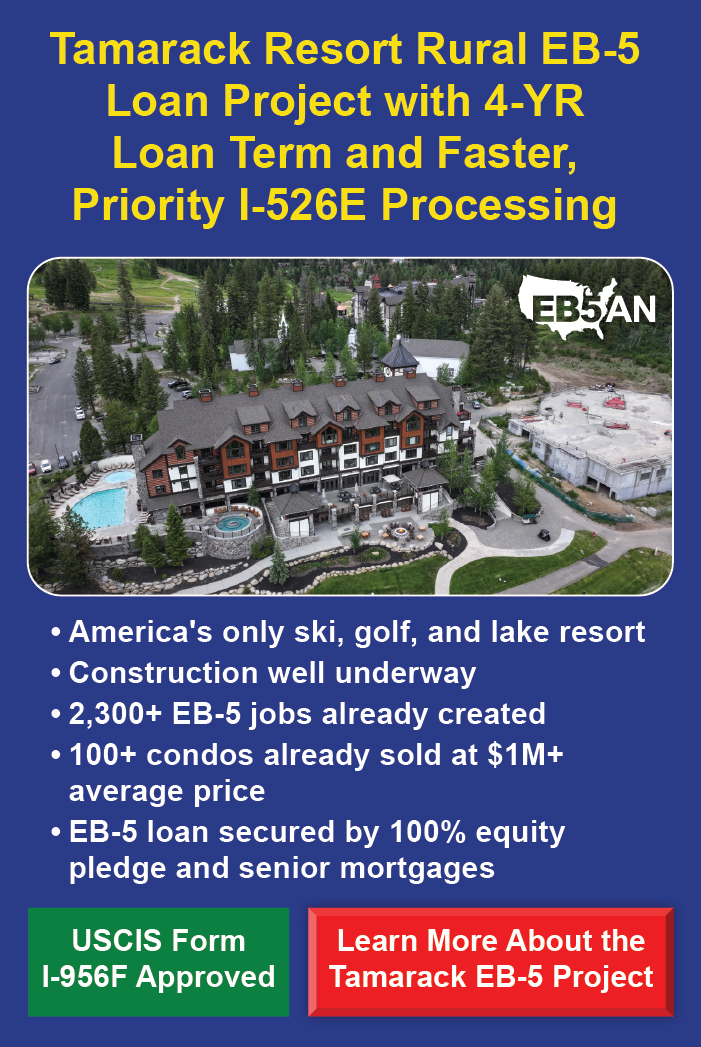
In order to file Form I-485, Application to Register Permanent Residence or Adjust Status, an applicant must have a current visa status. For H-1B visa holders who are awaiting Form I-485 approval, failure to file an extension may mean that they must leave the country and await their I-485 approval from overseas. To avoid this disruption and remain in the United States while they await their approval, it is in an applicant’s best interest to file an extension of their H-1B visa. In addition to continuing to live in the United States, the extension would also allow them to continue working while they await their adjustment of status.
Maintaining a current H-1B visa is also beneficial in the event that Form I-485 is denied. Residing in the United States without current lawful status will result in the accrual of unlawful presence, which may make a foreign national inadmissible to the country.
H-1B Visa
U.S. employers may sponsor foreign workers in specialized jobs through H-1B visas. These specialized jobs can be in the fields of engineering, science, computer programming or law. Unlike the EB-5 visa, the H-1B visa does not lead directly to U.S. permanent residency. H-1B visa holders are permitted to work in the United States for a specified, predetermined period—a maximum of six years in 3 year increments. While the H-1B visa is a nonimmigrant visa, it does allow for dual intent. This means that H-1B visa holders may enter the United States on an H-1B visa while simultaneously applying for another visa to gain permanent resident status. Some foreign nationals choose to convert their H-1B visa to an EB-5 visa.
Similar to the EB-5 visa, the H-1B visa allows eligible applicants to bring their spouse and minor children under the age of 21 to the United States with them. These dependents, known as H-4 dependents, may study in the United States but are not permitted to work.







